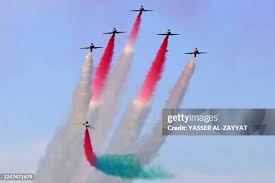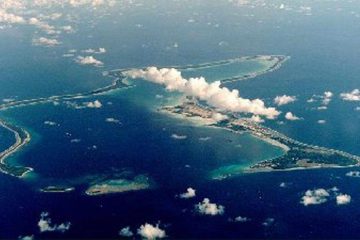Kuwait: An Emerging Hub in the Gulf Region

Introduction
Kuwait, a small but strategically significant nation located at the tip of the Persian Gulf, has garnered increasing attention on the international stage due to its robust economy, rich culture, and political stability. As a member of the Gulf Cooperation Council (GCC), it plays a pivotal role in regional politics and economics. Understanding Kuwait’s recent developments is essential for businesses looking to invest in the Middle East and for anyone interested in Gulf culture and politics.
Economic Growth and Developments
In 2023, Kuwait’s economy has shown resilience amidst global uncertainties. The country’s GDP is projected to grow by 3% this year, driven largely by the oil sector, which accounts for approximately 90% of government revenue. However, Kuwait is also pushing for diversification, striving to reduce its dependency on oil revenues through the Kuwait Vision 2035 initiative. This ambitious plan aims to transform Kuwait into a financial and trade hub by enhancing infrastructure, attracting foreign investment, and diversifying the economy.
Political Landscape
In terms of governance, Kuwait stands out in the region due to its relatively democratic political system. Recently, the National Assembly held elections that have garnered significant public attention. The elections showcased Kuwaitis’ strong engagement in the political process, reflecting their desire for reform and accountability. The newly elected assembly is expected to tackle pressing issues such as economic diversification, unemployment, and public service delivery.
Cultural Significance
Culturally, Kuwait boasts a rich heritage, combining traditional Arab customs with modern influences. The year 2023 marks the celebration of various cultural festivals, including the Kuwait International Book Fair, which attracts authors and literary enthusiasts from around the world. This event highlights Kuwait’s commitment to promoting literacy and cultural exchange, emphasizing the nation’s role as a cultural bridge in the region.
Conclusion
Kuwait’s significance in the Gulf region cannot be understated. Despite its small size, it plays a crucial role economically, politically, and culturally. As the nation continues to invest in diversifying its economy and enhancing its political framework, it is likely to become an even more attractive destination for foreign investment and tourism. For readers interested in the Middle East, staying abreast of Kuwait’s evolving landscape is essential, as it represents both challenges and opportunities in a rapidly changing region.









